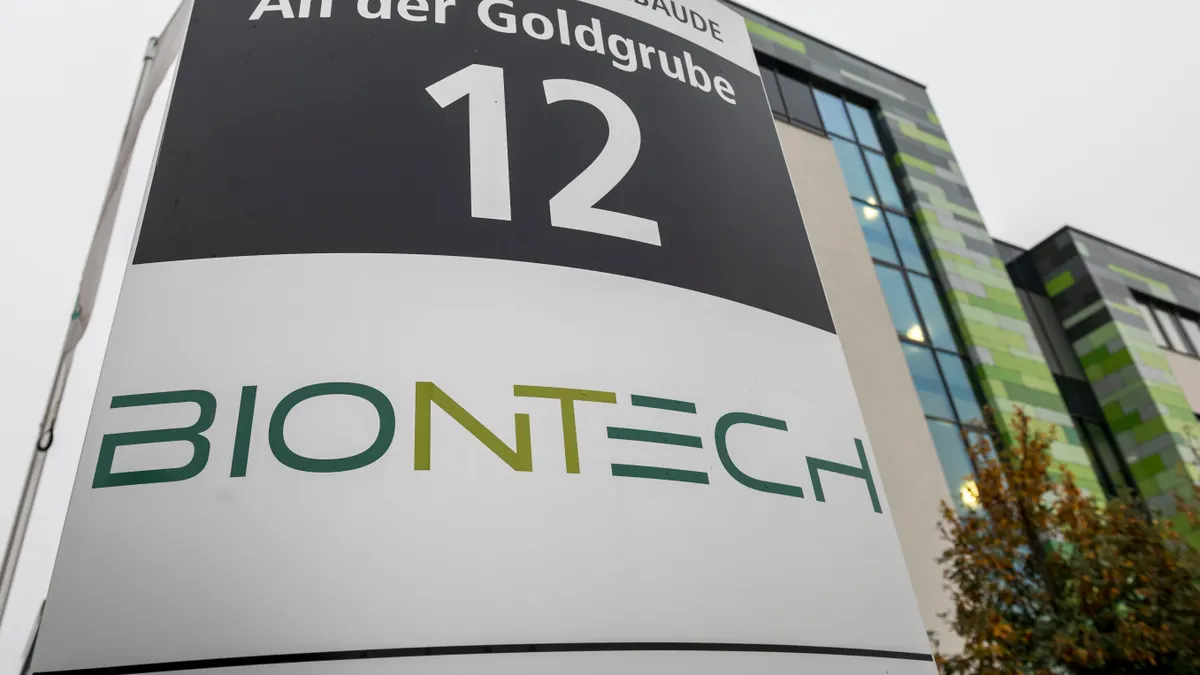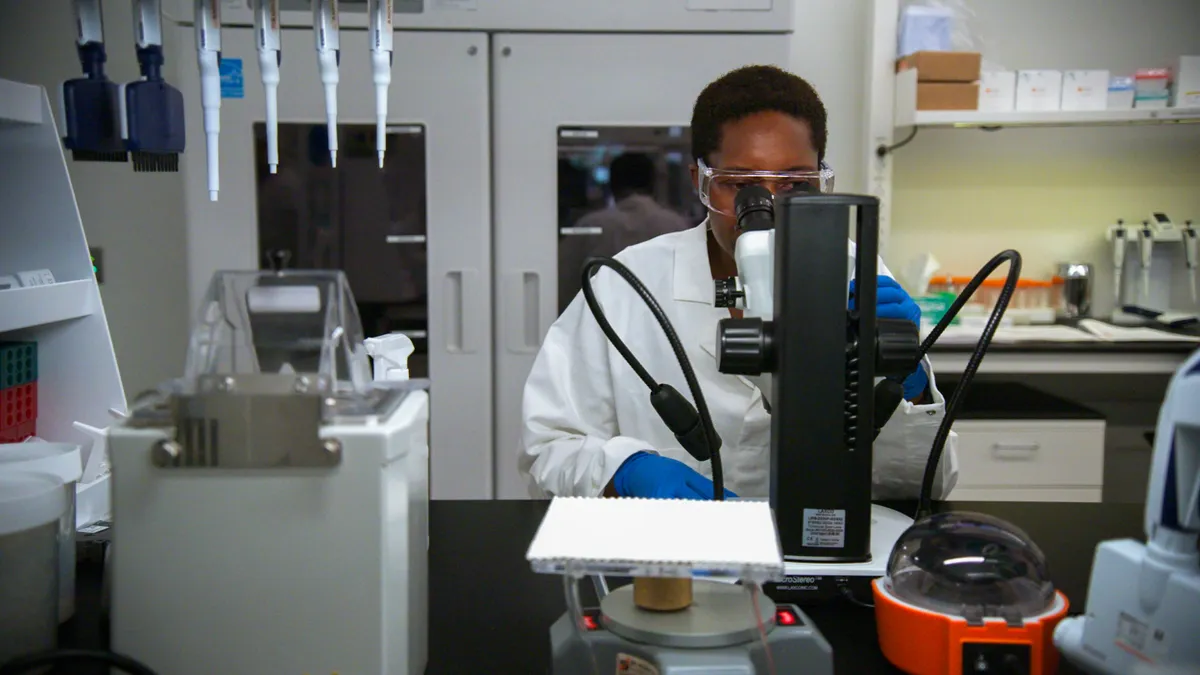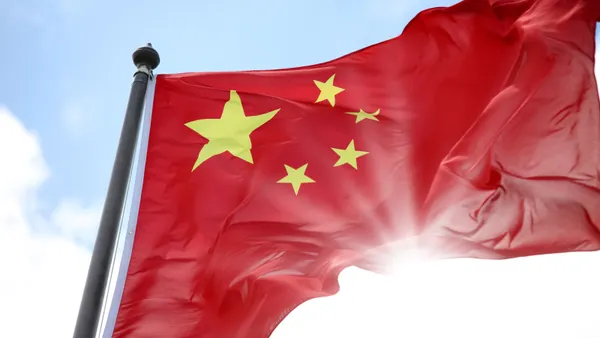BioNTech is buying into one of the hottest areas of oncology, agreeing to pay $800 million to acquire China-based Biotheus and, with it, a type of drug some analysts think could rival Merck & Co.’s dominant immunotherapy Keytruda.
The deal will hand BioNTech full global rights to a dual-targeting drug that’s designed to block two proteins: the PD-L1 “checkpoint” targeted by Keytruda and another called VEGF that’s coopted by tumors to fuel their growth.
This specific type of “bispecific antibody” is newly on drugmakers’ radar screens after Summit Therapeutics wowed the cancer field with data showing its drug ivonescimab outperformed Keytruda in a head-to-head lung cancer trial.
BioNTech, which previously partnered with Biotheus, is now more heavily invested in that race, which also features a company founded by a former Seagen CEO and several other biotechnology firms.
Per deal terms, BioNTech’s will make its $800 million payment “predominantly” in cash, with a small portion in American depositary shares. Biotheus shareholders could earn an additional $150 million based on certain milestones being reached.
Last November, BioNTech and Biotheus allied on developing the drug, dubbed BNT327. Then, BioNTech paid $55 million upfront and promised up to $1 billion in milestone payments to secure rights outside of greater China.
By blocking PD-L1 and VEGF, Biotheus’ drug combines the mechanisms of action of Keytruda and Roche’s Avastin, two of the most important cancer drugs of the past 20 years. Keytruda works by helping immune cells recognize and attack tumors, while Avastin restrains the growth of blood vessels in tumors to limit their spread.
BioNTech and Biotheus presented data on the drug at the European cancer meeting ESMO in September, hinting at its potential in non-small cell lung cancer, kidney cancer and a type of hard-to-treat breast cancer called “triple negative.”
The two companies have already advanced the drug into Phase 2 trials in small cell lung cancer that has spread to other parts of the body, as well as triple negative breast cancer that has spread widely.
“We believe that [BNT327] has the potential to set a new standard of care in multiple oncology indications, surpassing traditional checkpoint inhibitors,” said Ugur Sahin, CEO and co-founder of BioNTech, in a statement. The company plans to start multiple registrational studies next year and in 2025.
By buying Biotheus, BioNTech will also gain a larger presence in China, including the addition of an R&D hub there. Over 300 Biotheus employees will join BioNTech after the deal closes, which is expected sometime in the first quarter of next year.
News of the acquisition comes the same day BioNTech plans to present its oncology strategy to investors and analysts.
In a Nov. 5 note to clients, Leerink Partners analyst Daina Graybosch wrote that PD-L1 and VEGF bispecific drugs could eventually replace Keytruda and other drugs that only inhibit immune checkpoints like PD-L1. Still, Graybosch added, “[t]here are open questions that give us pause on the bispecific approach.”














